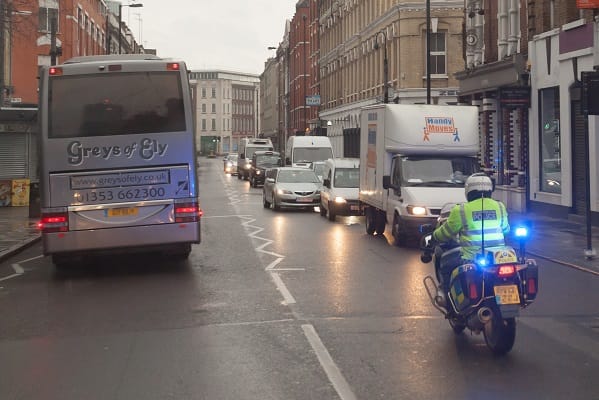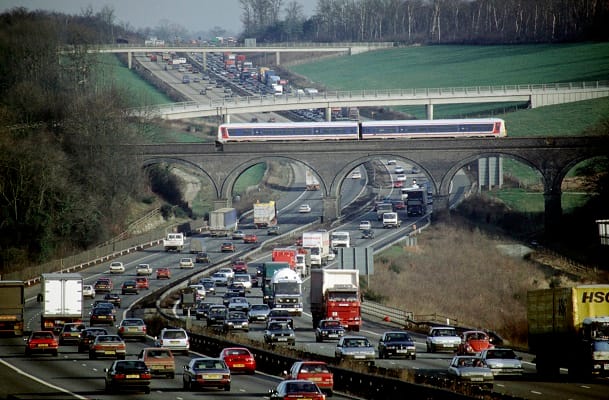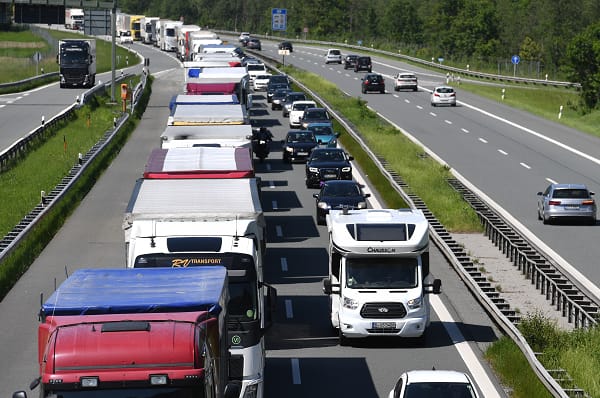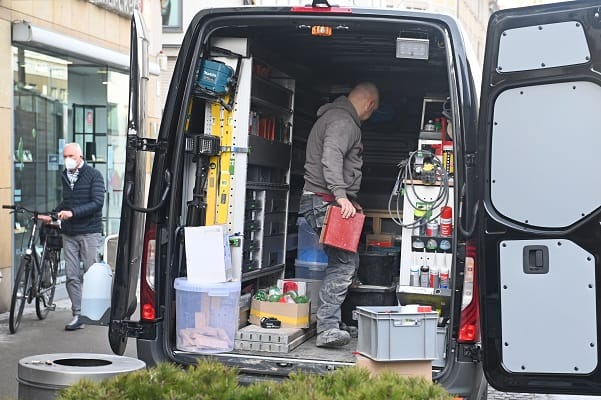Motorists are being warned they could be driving illegally without even realising it this Christmas.
With festive celebrations in full swing, car insurance experts at Quotezone have issued a warning after a recent survey revealed 1 in 4 people were unaware that 20% of drunk driving arrests happen the morning AFTER the driver has been drinking alcohol.
This surprising statistic highlights the dangers of residual alcohol in a driver’s system, which can remain high enough to impair their abilities even hours after their last drink.
The survey, conducted by Quotezone.co.uk, found 83% felt drink driving is more of an issue at Christmas time, and with festive parties and New Year’s Eve celebrations fast approaching, there is a real concern for all road users.
Nearly a quarter of those surveyed (24%) said drink or drug drivers were their biggest fear on the roads.
The results also underline a common misconception about how quickly alcohol leaves the body, as only 81% of respondents correctly identified that allowing enough time to pass is the most effective way to sober up before driving.
A significant 12% of respondents believe that ineffective methods such as drinking coffee, sleeping, or eating breakfast are enough to sober up to drive legally after drinking alcohol.
The legal alcohol limit for driving in England, Wales and Northern Ireland is 80 milligrams of alcohol per 100 millilitres of blood or 35 micrograms of alcohol per 100 millilitres of breath, while in Scotland, it’s stricter at 50 milligrams of alcohol per 100 millilitres of blood or 22 micrograms of alcohol in 100 millilitres of breath.
Alcohol is processed by the body at an average rate of about one unit per hour, starting from when you stop drinking. For example, a single medium glass of wine (around 2.3 units) would take approximately two and a half hours to clear.
However, this rate can vary significantly depending on factors such as body weight, metabolism, and the amount consumed. In some cases, traces of alcohol can be detected for up to 24 hours after drinking.*
Drink driving continues to be a problem in the UK, with 7% of drivers admitting to driving while over the drink-drive limit in 2024.**
But driving or attempting to drive while over the legal limit or unfit due to alcohol can result in up to six months’ imprisonment, an unlimited fine, and a driving ban of at least one year – rising to three years if convicted twice within ten years.
Greg Wilson, CEO and car insurance expert at Quotezone.co.uk, explained: “Christmas is a time that most people like to eat, drink, and be merry – but the morning after can bring unexpected risks on the road.
“Many people cling to myths about how to sober up, such as having a strong coffee or taking a cold shower, but these simply don’t work. While they might make drivers feel slightly better, they won’t actually speed up the process of alcohol leaving the system – time is the only reliable way to ensure it’s safe to drive.
“So, with Christmas just around the corner and more festive celebrations on the way, it’s crucial for drivers to understand that the morning after drinking isn’t always a safe time to be on the road. If you’re caught with alcohol still in your system, you could face devastating fines and penalties – including imprisonment.
“It’s sensible for drivers to check online calculators to get an idea of when they should be allowed on the road given the drink they’ve consumed and err on the side of caution by not driving the following morning.
“It is however reassuring to see 70% would support a harsher restriction of zero alcohol behind the wheel. This year the market is flooded with zero alcohol alternatives across both wines and beers, which helps to ease the temptation for drivers.
“Ensuring drivers are fully sober before getting behind the wheel can save lives, protect their licence, and keep the festive season joyful for everyone.”





Leave a Comment